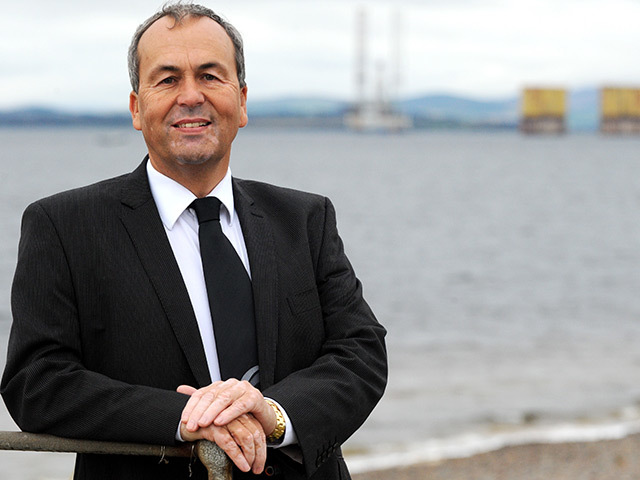
Revenue at Score Group rose above the £200 million mark for the first time in the Peterhead-based engineering firm’s history in 2017-18.
Score, founded in 1982, achieved the milestone thanks to a combination of organic growth and international expansion, directors said.
The business turned over £200.6m in the 12 months to September 27, 2018, up 11% on the previous year, according to accounts just released by Companies House. Pre-tax profits leapt to £8.3m, from £2.3m.
Score employed 1,704 people on average during the reporting period, up from 1,639 a year earlier.
The company said it had grown into a truly international organisation, with 51% of its turnover coming from outside the UK in 2017-18.
Eighty-five percent of Score’s sales came from its valve services division, while its turbine business contributed 13%.
Deputy managing director Conrad Ritchie said yesterday the “positive” results were a direct result of organic growth and successful diversification, both within the UK and overseas.
He added: “As a direct result we continue to invest and grow our modern apprenticeship programmes worldwide.”
In his annual review, chief executive Nelson Ritchie, Conrad’s brother, said the group’s Score Europe subsidiary kept hold of all long-term contracts which were due for renewal, and picked up “major pieces of work”.
Score’s CEO said the ongoing uncertainty regarding post-Brexit relations presented a “degree of risk that is unwelcome”.
He added the group imported and exported large quantities of products and services to and from the European Union.
In Australia, Score secured “significant contract gains”, opened new facilities in Chinchilla, Queensland, and laid plans to move its Perth business into a new custom-built facility in 2019.
Score Canada had a strong 12 months on the back of projects in Newfoundland, “buoyed by the oil price recovery”. The firm also enjoyed significant gains in repair and maintenance work in Alberta.
In Trinidad and Tobago, five major long-term contracts helped keep activity levels steady.
Business in the Middle East and Asia was mixed, while Scandinavia “contracted a little” in both Norway and Denmark, as the market adjusted to changes in ownership of key customers. But the Norwegian subsidiary clinched a string of long-term deals which should return it to growth soon.
Recommended for you

